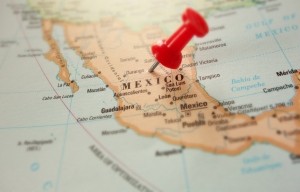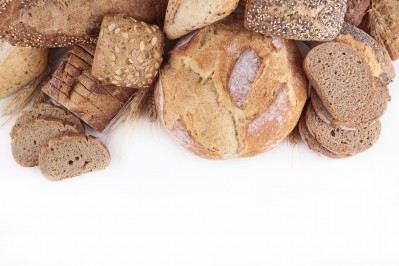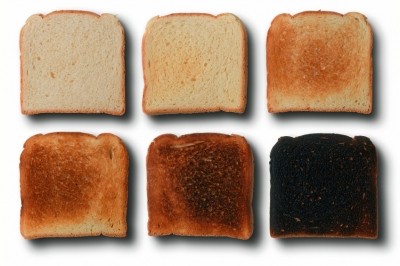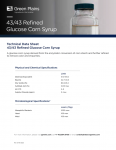ABA chief slams US sugar program as over-protectionist
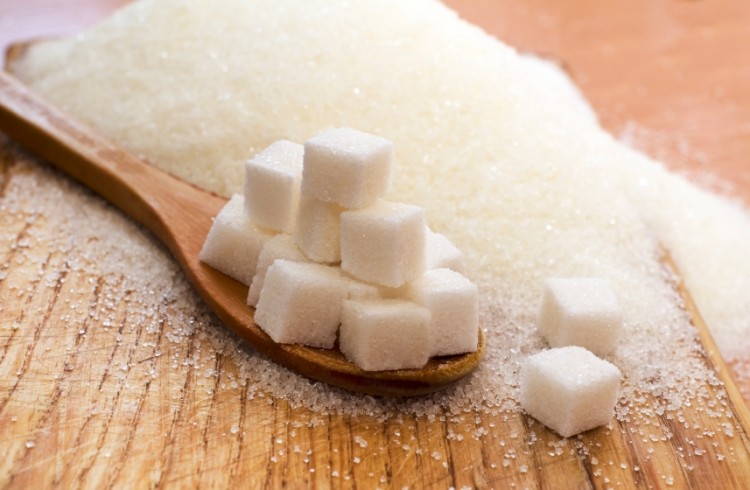
US law requires bakers in the country to source 85% of sugar from domestic producers under the Farm Bill. But Robb MacKie, president and CEO of ABA, said industry would prefer to have as many sugar sources as possible.
“Ultimately, we’d like to see these protectionist provisions go away so bakers could source on the global market like wheat,” he told BakeryandSnacks.com.
Even if sugar trade opened up the vast majority would remain domestically sourced, he said, but such change would guarantee competitively priced sugar for bakers.
Currently US bakers could pay anything up to double the European market price for sugar, he explained. “It’s incredibly frustrating… It’s the most protectionist trade policy we have in the US.”
Trade rows
ABA has been battling the US sugar program for years, claiming it costs upwards of $3.5bn every year because of higher sugar prices.
MacKie said most non-domestic sugar was imported from Mexico, but there were other sugar-growing regions that could readily supply the market.
“But it’s very, very challenging for anyone looking to export sugar into the US.”
US sugar growers have long been fighting for increased control over Mexican imports into the US, claiming such supply threatens domestic business, and this year the US Department of Commerce imposed duties on all sugar from Mexico – a decision ABA strongly opposed.
“I sort of struggle with this because it’s one of our major policies and ironically the US sugar monopoly is challenging provisions of NAFTA [The North American Free Trade Agreement],” MacKie said.
NAFTA – a trilateral agreement between the US, Canada and Mexico – seeks to promote and strengthen trade ties between the three countries.
Asked what would happen should the US chose to move to a full domestic sourcing policy, MacKie said: “Assuming they could provide the sugar we would need, it’s going to be higher prices for consumers.”
